Architect Wade Weissmann draws from past for future projects
By Hollie Deese
Photography by Doug Edmunds and David Bader
Architect Wade Weissmann became enamored of buildings and their place in the world as a child when his parents bought a hobby farm with another family in Door County, Wisconsin. He was just shy of 7, and from that moment on his weekends were spent exploring all the old buildings and sheds and barns, the old orchards and pump houses and things.
“It must have had 30 buildings on it, in all sizes and varieties,” Weissmann says. “And they were all filled with really interesting things and artifacts, and so I remember going into these great old buildings and just literally absorbing everything I saw.”
It was that sense of history and materials and place that began to stir his creativity; the old beams and trusses he fearlessly climbed were the beginning of his architecture career.
 “I remember climbing up on the ladder of this big old red barn, and I remember climbing all the way up to the top of the silo that was inside the barn. It must have been 30 feet up in the air,” he says. “I remember getting to the top of it and being able to look out the dormer windows from the roof of the barn. I was looking at the texture of the wood ceiling and all the boards and everything, and I just thought that was the coolest thing I had ever seen.”
“I remember climbing up on the ladder of this big old red barn, and I remember climbing all the way up to the top of the silo that was inside the barn. It must have been 30 feet up in the air,” he says. “I remember getting to the top of it and being able to look out the dormer windows from the roof of the barn. I was looking at the texture of the wood ceiling and all the boards and everything, and I just thought that was the coolest thing I had ever seen.”
Those memories never escaped him, and he draws upon them today when he tackles a design.
As the founder and principal of Wade Weissmann Architecture, Weissmann has spent the past 20 years designing classically inspired estates around the world. And with offices in Milwaukee, Nashville, Chicago, Pittsburgh and Santa Barbara, his work has been praised for its fine attention to craftsmanship and design detail — and for lending homeowners a feeling of resort living, right at home.
It’s the kind of feeling people in Nashville want more and more, along with the remembrance of our past in the midst of a rapidly growing landscape.
“In Nashville there is this embrace of abstract modernism, which is great. I like abstract modernism. But I also feel like sometimes it’s not always appropriate,” Weissmann says. “And for residential projects or hospitality projects, I miss that desire to create this sort of more iconic architecture that feels more domestic in quality.”
One big Weissmann effort that appeals to that sensibility is the Brian Paul Hotel, which is scheduled to open in late 2020 (or early 2021) in Brentwood. A luxury hotel, spa and wellness retreat inspired by timeless Italian hillside villages and enclaves, the project is on the coveted 20-acre Summit Hill property.
“It sits on this hilltop, and the top of the hill ends up becoming the central park of this little community,” he says. “Up this hill, you’ll have these intimate spaces carved on the uphill side, and then delicious vistas across the southern landscape when you look off the hill. It’s that interesting juxtaposition that you might also find in an Italian hill town.”
The Brian Paul Hotel and wellness community, which is scheduled to break ground this summer, will feature a luxury, full-service 170+ room hotel with a rooftop pool, world-class spa and 600-seat entertainment venue.
When Weissmann approaches a project, he wants the new buildings to feel like they belong. Because of that desire, he usually spends a lot of time looking at the kinds of architecture that have been historically present in the area.
“I love that there’s this great sense of history in Tennessee,” Weissmann says. “There’s a certain pride and heritage there that architecturally is very evident, and it’s one of those things that inspires me.”
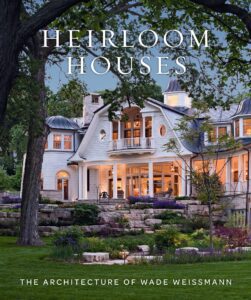 Wade Weissmann’s first book is “Heirloom Houses: The Architecture of Wade Weissmann” (Gibbs Smith, 2018). Written by Steven Stolman, it includes stories, sketches, renderings and photos of 15 homes he has worked on over the course of his career. The results all speak to his love of creating something that means something.
Wade Weissmann’s first book is “Heirloom Houses: The Architecture of Wade Weissmann” (Gibbs Smith, 2018). Written by Steven Stolman, it includes stories, sketches, renderings and photos of 15 homes he has worked on over the course of his career. The results all speak to his love of creating something that means something.
“We assembled what I would consider a sampling of houses that meet that criteria of being a beautifully crafted residence that is worthy of either passing down, or passing to families that are interested in having something that they want to pass down,” Weissmann says.

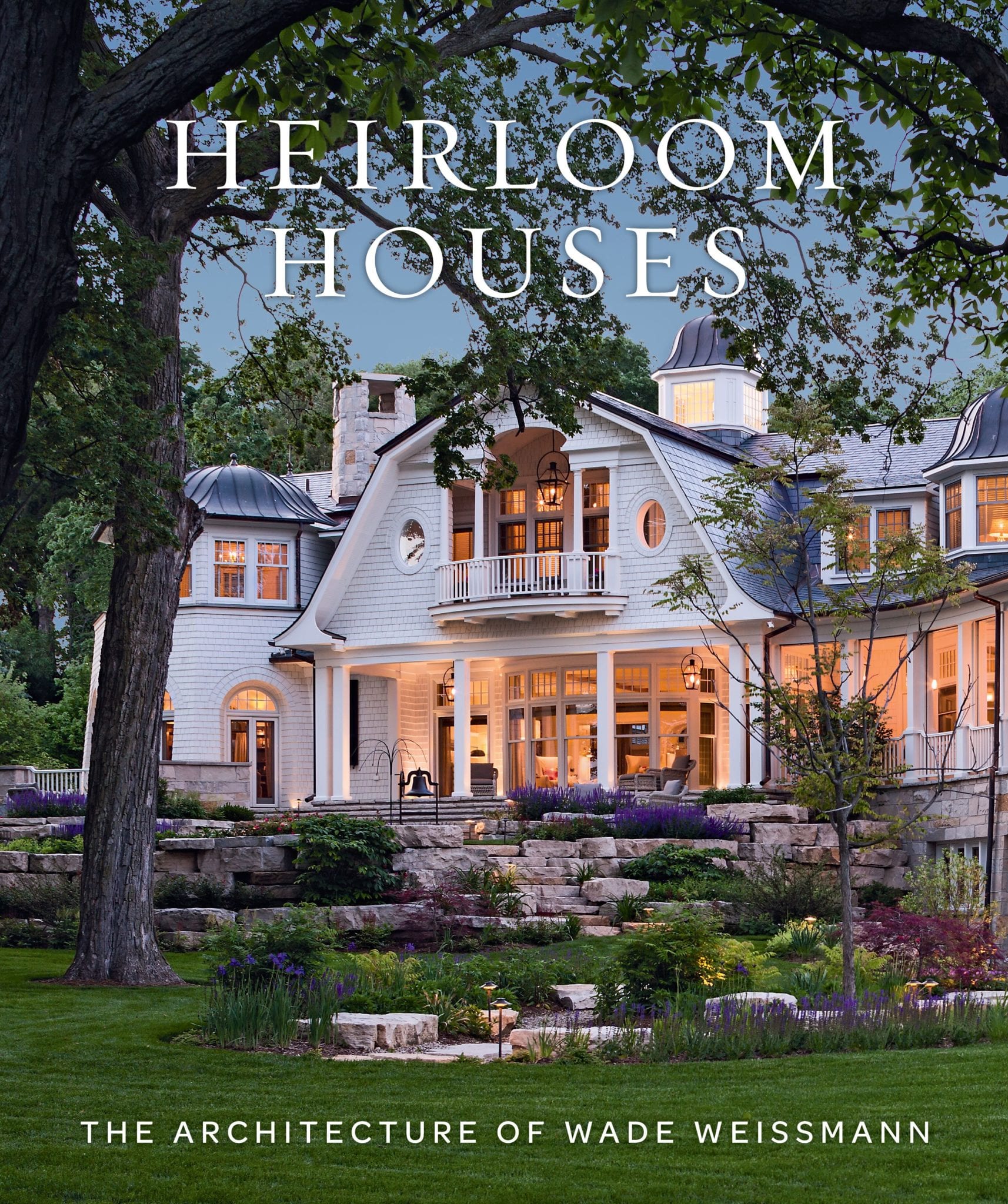

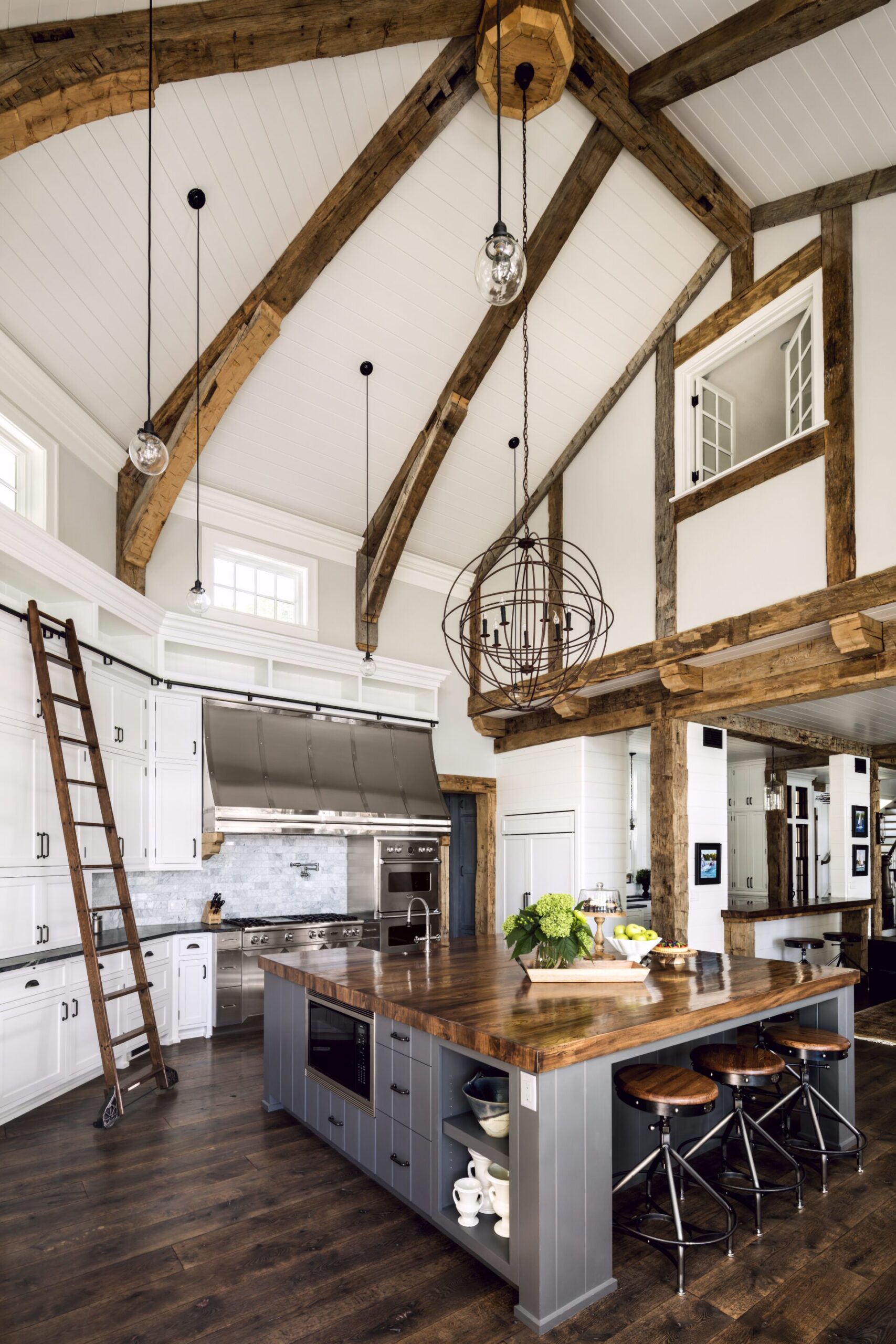


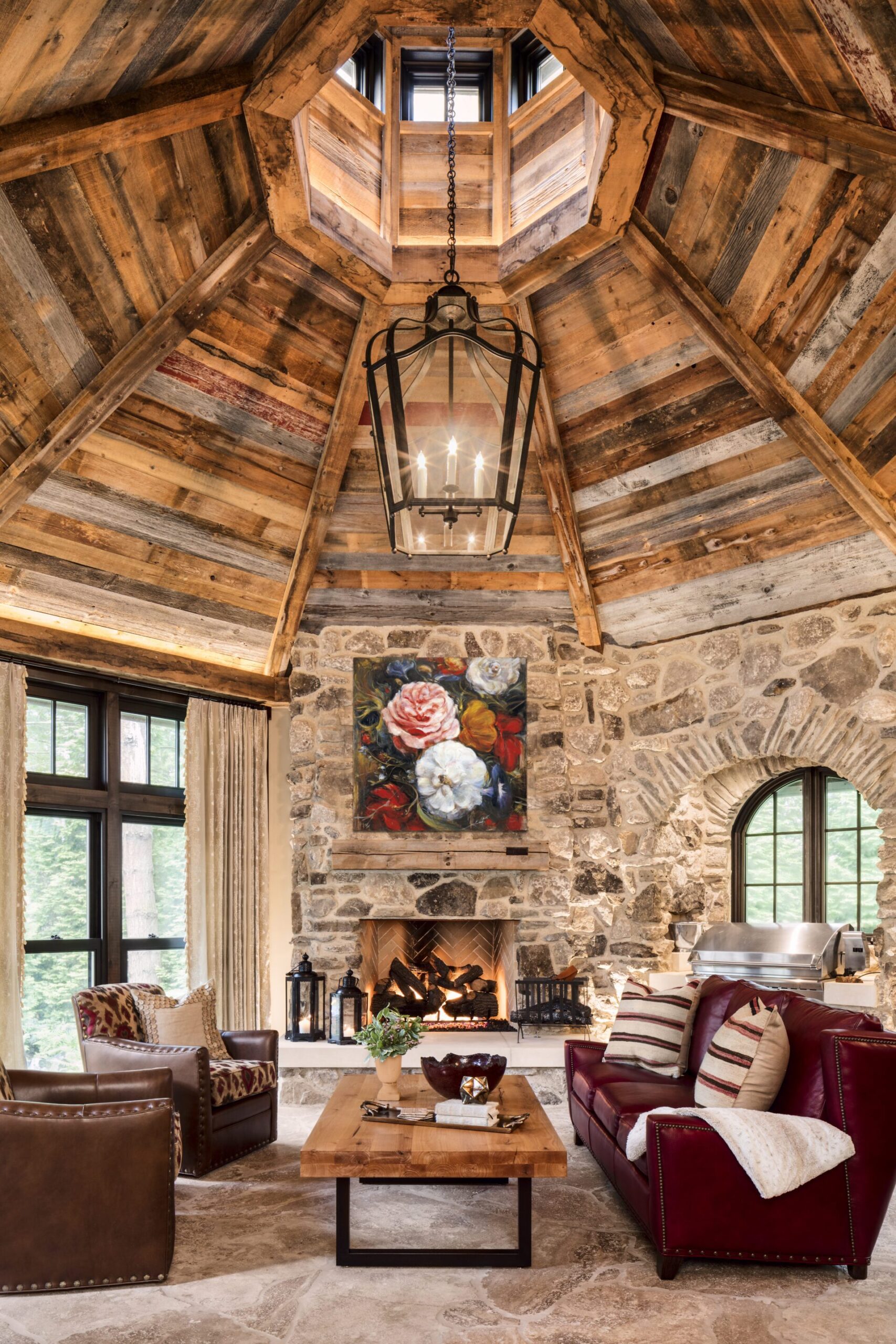
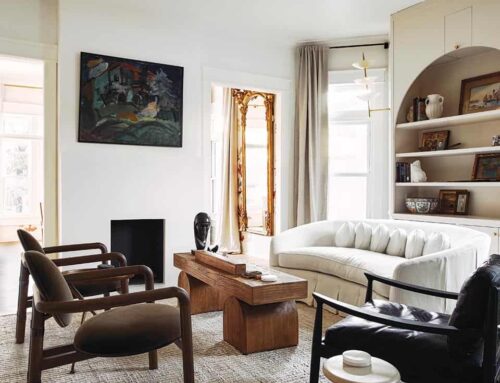
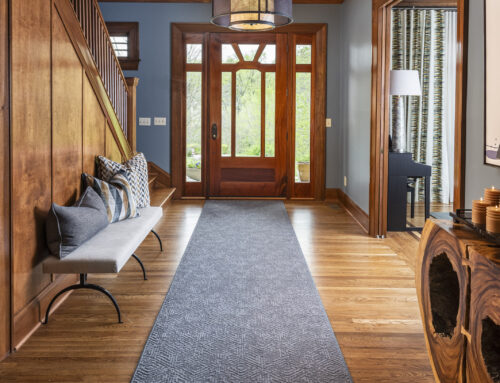
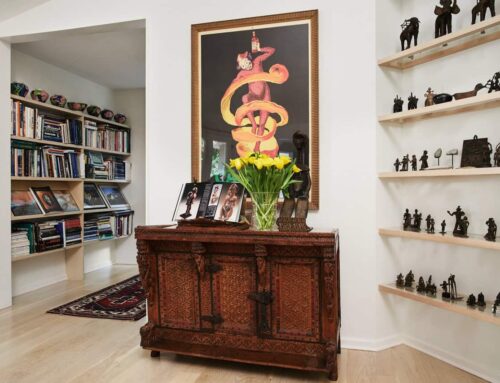
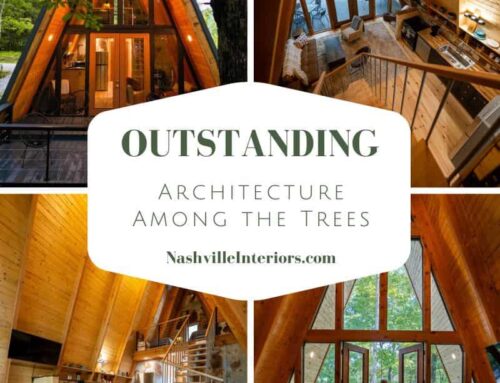
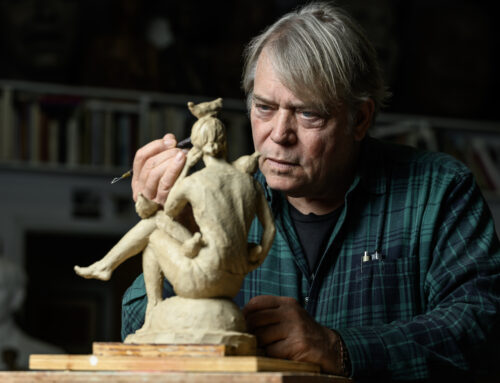
Leave A Comment
You must be logged in to post a comment.